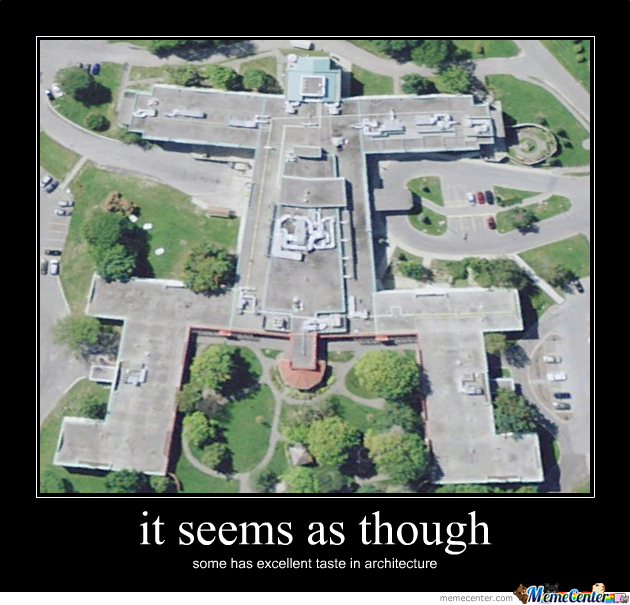MoreCoffee
Repentance works.
- Jan 8, 2011
- 29,850
- 2,841
- Faith
- Catholic
- Marital Status
- Private
Matthew 18:18 does not mention "shutting out". To bind a person is to restrain them. In the context the restrained person is restrained from doing harm in the Church as the earthly embodiment of the kingdom of God. Here is the immediate context:In Matthew 18:17 we see that it is the power of binding and loosing behind the church's authority to shut out a stubborn offender. What is that but the power of opening and shutting?
Dealing with a Brother who Sins (Luke 17:3)
¶ “If your brother sins against you, [Other mss. lack against you] go and confront him while the two of you are alone. If he listens to you, you have won back your brother. But if he doesn’t listen, take one or two others with you so that ‘every word may be confirmed by the testimony [Lit. mouth] of two or three witnesses.’ [Deut 19:15] If, however, he ignores them, tell it to the congregation. [Or church] If he also ignores the congregation, [Or church] regard him as an unbeliever [Lit. gentile ; i.e. an unbelieving non-Jew] and a tax collector.
¶ “I tell all of you [The Gk. pronoun you is pl.] with certainty, whatever you prohibit on earth will have been prohibited [Or will be prohibited] in heaven, and whatever you permit on earth will have been permitted [Or will be permitted] in heaven. Furthermore, I tell all of you [The Gk. pronoun you is pl.] with certainty that if two of you agree on earth about anything you request, it will be done for you by my Father in heaven, because where two or three have come together in my name, I am there among them.” (Matthew 18:15-20 ISV*)
¶ “If your brother sins against you, [Other mss. lack against you] go and confront him while the two of you are alone. If he listens to you, you have won back your brother. But if he doesn’t listen, take one or two others with you so that ‘every word may be confirmed by the testimony [Lit. mouth] of two or three witnesses.’ [Deut 19:15] If, however, he ignores them, tell it to the congregation. [Or church] If he also ignores the congregation, [Or church] regard him as an unbeliever [Lit. gentile ; i.e. an unbelieving non-Jew] and a tax collector.
¶ “I tell all of you [The Gk. pronoun you is pl.] with certainty, whatever you prohibit on earth will have been prohibited [Or will be prohibited] in heaven, and whatever you permit on earth will have been permitted [Or will be permitted] in heaven. Furthermore, I tell all of you [The Gk. pronoun you is pl.] with certainty that if two of you agree on earth about anything you request, it will be done for you by my Father in heaven, because where two or three have come together in my name, I am there among them.” (Matthew 18:15-20 ISV*)
Last edited:
Upvote
0

